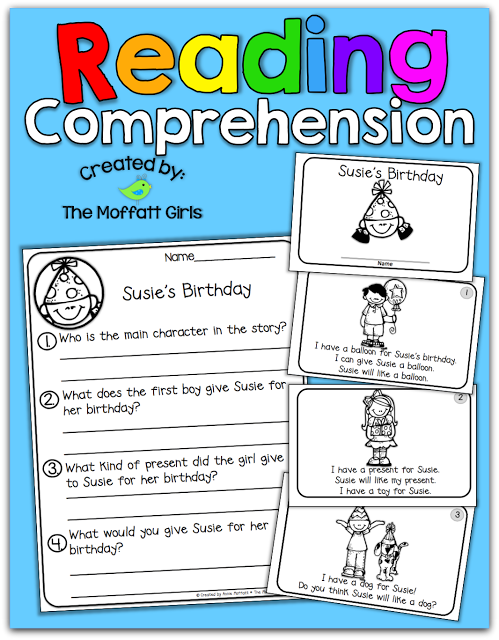So far with everything we have talked about in class if a child can understand all of those things then we can piece them together and comprehension can begin to start. Not only do those things affect a child's ability to be able to comprehend something but their world around them can affect it as well. It is important to know where a child comes from and their environment at home because that can really affect how much the comprehend and how quick they do.
Another thing that really affects a child's comprehension ability is what the teacher does in order to help a child comprehend. Like the article states some important steps to building comprehension are: teaching decoding skills, building fluency, teaching vocabulary, actively pursuing prior knowledge, engaging the students to have personal responses with the text and most importantly motivating the students.
I think one of the most important aspects of comprehension is engaging them with personal responses. By allowing them to connect to the text they are able to comprehend it and interpret it into their lives. The more you invite them to compare readings to themselves the more they are going to want to read because it make sit more related to them. By relating it to them they will also see themselves as readers and become more confident in their ability.
Questions:1. How would you engage them in making those personal connections?
2. Do you think that it is important to have them make those personal connections and responses.

.png)





